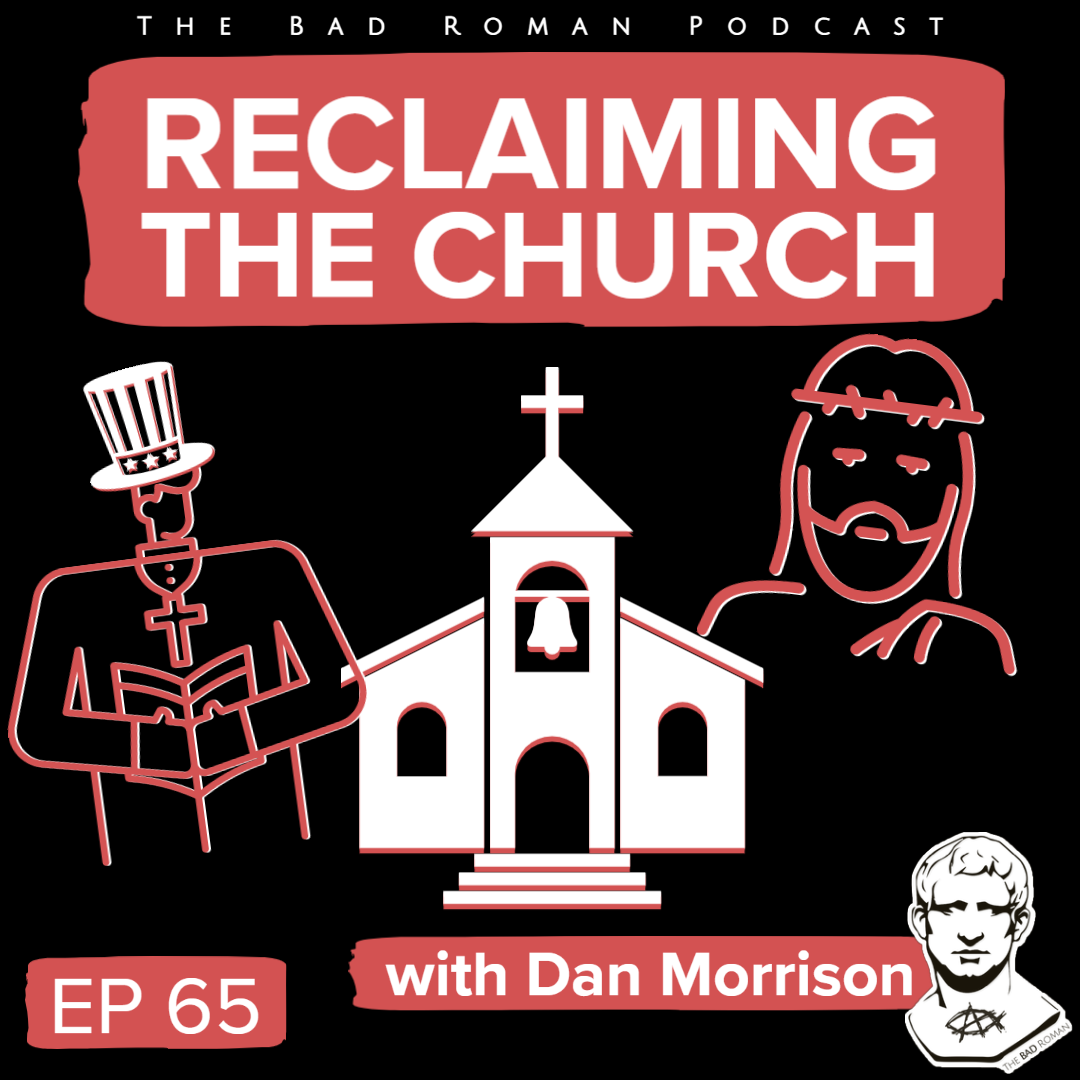In this special episode of The Bad Roman, we take an atypical yet gripping detour into the sinister world of true crime, religious beliefs, and their troubling convergence. Cristy Ramos, the voice behind the budding podcast Cristy's Chronicles, where she discusses the finer details of real-life crime stories. Having worked in law and health insurance, she has deep knowledge of how the system functions. Cristy offers a fresh perspective on understanding the motivations of criminals and how the government deals with them.
In this conversation, we explore both infamous and lesser-known cases like those of Casey Anthony and Israel Keyes. With a past rooted in Christianity, Cristy offers an enlightening perspective on how religious upbringings and interpretations of scripture can intersect with and potentially influence criminal behavior.
Even though we're talking about True Crime, this topic helps us, as Bad Romans, understand how the government catches and punishes criminals, and if our justice system is doing a good job. It challenges us to think about what ‘No King But Christ’ means when faced with horrendous acts, how do we punish people in a voluntary society?
As our discussion winds down we touch on the problems some cities like Memphis face, how technology and regular people can help solve cold cases, and spooky topics like UFOs and conspiracy theories!
Conversation Highlights:
The role religion can have infamous crimes.
The trial of Casey Anthony and the unanswered questions.
How serial killer Israel Keyes planned his crimes and whether his religious upbringing had any role.
The impact of crime on society and how the government responds, like in the case of Memphis.
How common people and technology can help solve old mysteries.
Fun topics like ghosts, UFOs, and conspiracy theories in our real-life crime chat.
Whether we're studying about criminals or pondering over statism, The Bad Roman is always here to help you learn and think differently. Join us for this episode and others as we continue to explore what it means to live as a follower of Jesus in the 21st century, Christians’ entanglement with political forces around the world, and the mystery of being alive that intrigues us all.
Connect with Cristy:
Cristy’s Chronicles Podcast – website, Apple Podcasts
Instagram @cristys_chroniclez
Email: cristyschronicles@gmail.com
Key Moments:
00:00:17 Exploring True Crime and Religion
◦ Discussion of the intersection between true crime and religion
◦ Insights from Cristy Ramos on religious influence in criminal behavior
◦ Impact of Israel Keyes' religious upbringing on his actions
00:03:45 Understanding the Causes of Disturbing Behavior
◦ Delving into the nature vs. nurture debate in criminal psychology
◦ The role of proper child nurturing and misuse of scripture in child-rearing
00:09:59 Mother's Emotion in Crime Case Perceptions
◦ Reflections on the emotional perceptions surrounding the Casey Anthony trial
00:09:59 The Casey Anthony Murder Trial
◦ Analyzing the controversial defense strategy and jury decision
◦ Discussion of the death-like odor evidence in the Casey Anthony case
00:15:12 Casey Anthony
◦ Exploring inconsistencies in Casey Anthony's story
◦ Post-trial life and public skepticism towards Casey Anthony
00:22:20 Israel Keyes and Serial Killers
◦ Dissecting the calculated crimes of serial killer Israel Keyes
◦ How Keyes' religious upbringing and early violence may have influenced his psyche
00:23:33 Israel Keyes' Different Christian Church
◦ Examination of Israel Keyes' unusual upbringing in a Christian-based church
00:29:45 Serial Killer's Moral Code and Restrictions
◦ Keyes' self-imposed moral code and avoidance of certain victims
00:35:08 Serial Killers and Gang Violence
◦ The contrast between gang violence and serial killers' methodical planning
◦ Addressing investigative biases and the controversial theory of Kurt Cobain's death
00:36:27 Questioning Cobain's Death and Investigative Biases
◦ Discussing Israel Keyes' social ostracization and early signs of violence
00:38:37 Cults and the Death Penalty
◦ Link between cult-like churches and criminal behavior
◦ Reflections on the death penalty and wrongful convictions
00:44:15 Serial Killer's Revelations and Suicide
◦ Israel Keyes' lack of remorse and calculated approach to crime
◦ Keyes' suicide in prison following capture and partial confession
00:48:29 Crime Impact, Role of Government
◦ Debating criminal justice policies and repeat offenses
◦ Role of citizen detectives and DNA technology in solving cold cases
◦ Personal anecdotes on dealing with loss through true crime narratives
00:53:50 True Crime and Victim's Families
◦ Impact of true crime stories on the lives of victims' families
00:56:17 Conspiracies, Crime, and Paranormal Exploration
◦ Introducing fellow podcasters and discussion on supernatural occurrences
◦ Intersections of true crime with conspiracy theories and unexplained phenomena
01:00:02 True Crime Podcast Halloween Plans
◦ Reflections on the origins of "The Exorcist" film and government UFO acknowledgments
◦ Cristy Ramos' journey into podcasting and aspirations for future collaborations
01:06:25 Impressive Crime Podcast With Learning Opportunities
◦ Invitation for listener engagement and suggestions for future podcast topics



























